11 likes, — cyberserge on June 20, 2024: Universal Basic income for the unemployed.
#AI #income #future #work #belong #meaning #personaldevelopment #personaltrainer

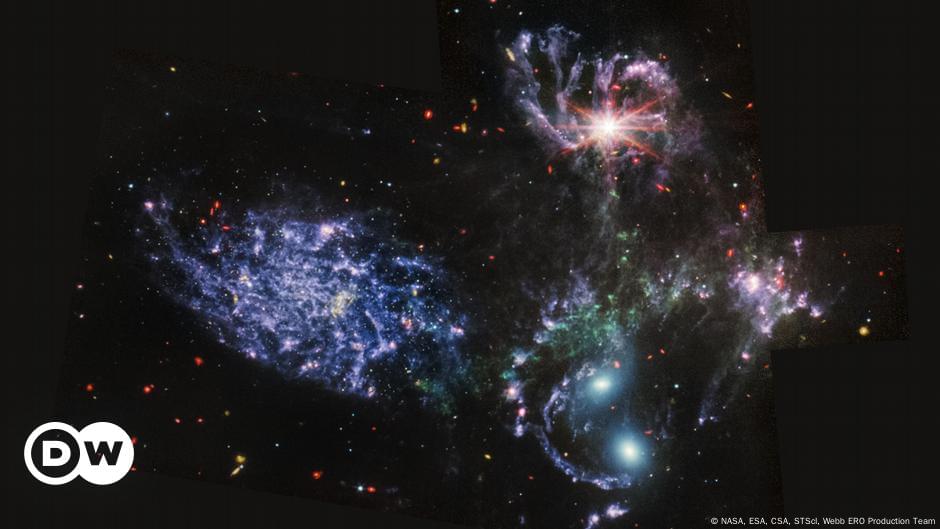

Today’s computers reach their physical limits when it comes to speed. Semiconductor components usually operate at a maximum usable frequency of a few gigahertz – which corresponds to several billion computing operations per second. As a result, modern systems rely on several chips to divide up the computing tasks because the speed of the individual chips cannot be increased any further. However, if light (photons) were used instead of electricity (electrons) in computer chips, they could be up to 1,000 times faster.
Plasmonic resonators, also known as “antennas for light”, are a promising way of achieving this leap in speed. These are nanometre-sized metal structures in which light and electrons interact. Depending on their geometry, they can interact with different light frequencies.
“The challenge is that plasmonic resonators cannot yet be effectively modulated, as is the case with transistors in conventional electronics. This hinders the development of fast light-based switches,” says Dr. Thorsten Feichtner, physicist at Julius-Maximilians-Universität (JMU) Würzburg in Bavaria, Germany.
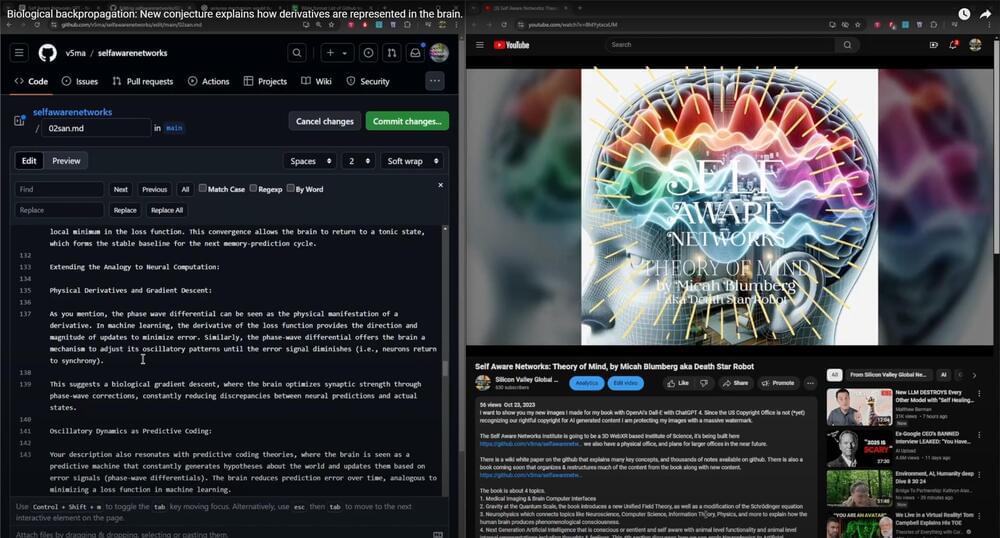


Despite the initial excitement and flashy headlines, all of these early ventures failed or switched focus away from aging. Most of these companies and their backers underestimated the complexity, costs, and time it would take to discover and develop a drug. Recent estimates suggest that developing a new drug takes over https://www.sciencedirect.com/science/article/abs/pii/S1359644623002428” rel=“noopener”>10 years and costs upwards of $6.1 billion and the failure rates exceed 90%. This figure reflects the immense difficulty of identifying therapeutic targets, conducting preclinical and clinical trials, and navigating the regulatory landscape. When it comes to developing a drug specifically for aging, the challenges multiply, making it much more difficult to design effective interventions and demonstrate their efficacy in clinical trials.
Fast forward to today, and a new generation of longevity biotechnology companies with a more conservative approach than their predecessors has emerged. Companies like http://www.bioagelabs.com” rel=“noopener”>BioAge Labs and http://www.insilico.com” rel=“noopener”>Insilico Medicine are using artificial intelligence (AI) to discover drugs that target specific chronic diseases or biological processes closely associated with aging. Instead of trying to develop therapies for aging directly, these companies focus on conditions that are closely linked to the aging process like obesity, muscle wasting, fibrosis, anemia, and even cancer… The strategy is to develop drugs for these diseases that could later be repurposed to address aging more broadly. And while in the technology industry we try to focus on moving very fast to win, here we prepare to play a very long game and focus on resilience and novelty rather than putting all eggs in one basket and failing miserably like dozens of companies in the past three decades.
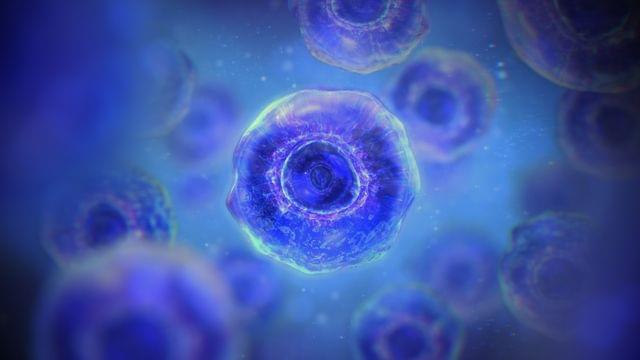
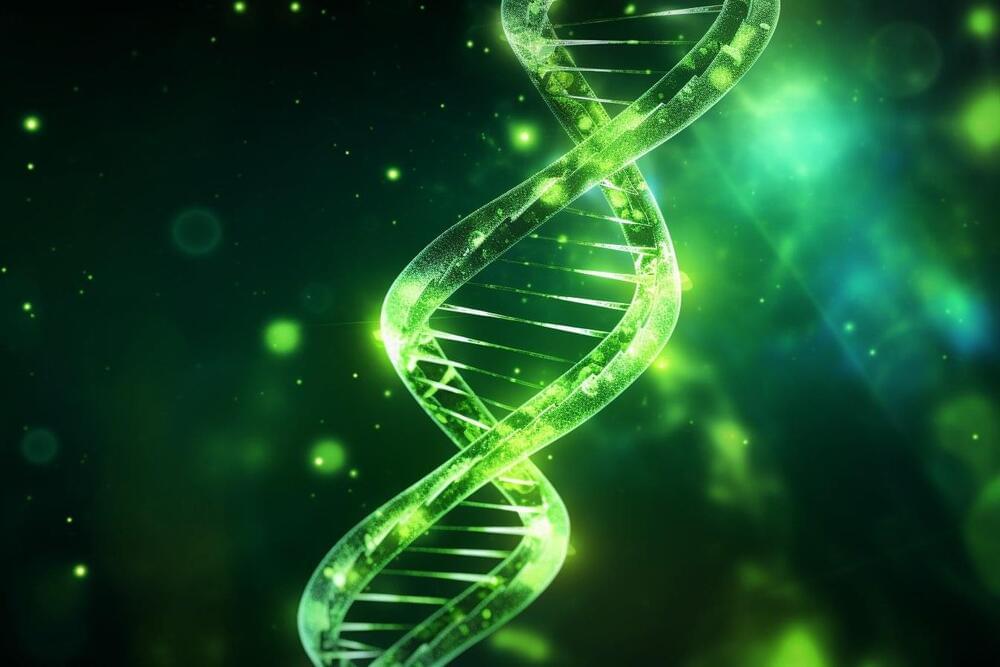
A new study from the University of Copenhagen reveals that a specific gene plays a significant role in determining longevity, potentially opening the door to new treatments.
Sleep, fasting, exercise, green porridge, black coffee, a healthy social life…
There is an abundance of advice out there on how to live a good, long life. Researchers are working hard to determine why some people live longer than others, and how we get the most out of our increasingly long lives.
Live coverage from NASA’s Kennedy Space Center as the Polaris Dawn crew launches on a mission to perform the world’s first commercial space walk. Liftoff from pad 39A, atop a Falcon 9 rocket, is scheduled for no earlier than Tuesday, September 10, 2024 at 3:38 a.m. EDT (0738 UTC).
Aboard Dragon Resilience are mission commander, Jared Isaacman, retired U.S. Air Force pilot, Scott “Kidd” Poteet, and two SpaceX Lead Space Operations Engineers, Anna Menon and Sarah Gillis. In addition to performing the spacewalk the crew will fly further from Earth than anyone since the Apollo era.
Commentary will be provided by Will Robinson-Smith from the Spaceflight Now news bureau at the Kennedy Space Center Press Site starting about four hours prior to launch.
Videos like this are made possible by the support of our members. Join this channel to get access to perks:
/ @spaceflightnowvideo
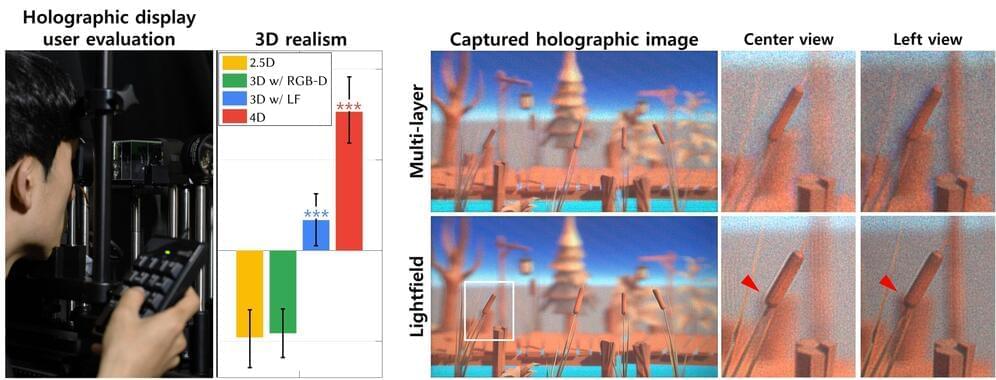
A research team has identified key visual perceptual factors that enhance the viewing experience of 3D displays.
The research revealed that the presence of parallax significantly impacts the perceived realism and immersion of 3D images viewed through holographic displays.
The results of this study were published in ACM Transactions on Graphics on July 19, and were presented at the international conference on computer graphics, SIGGRAPH 2024, held in Denver from July 28 to August 1.